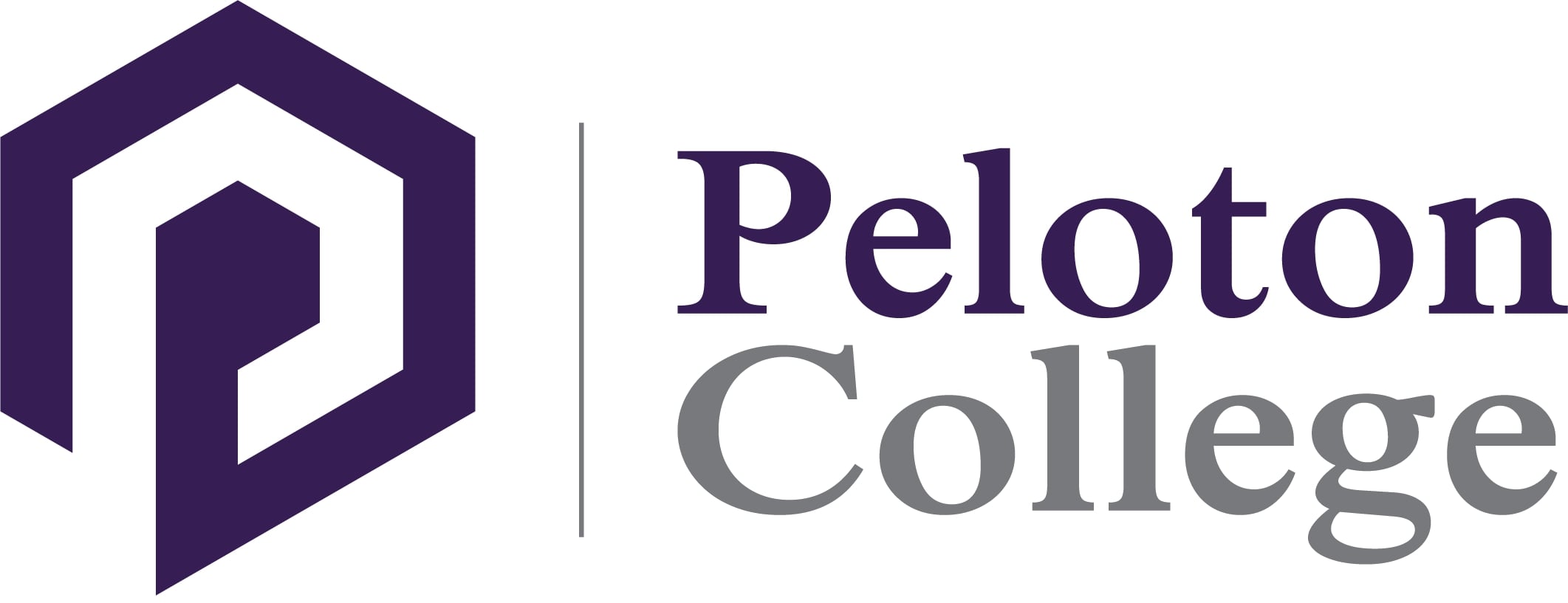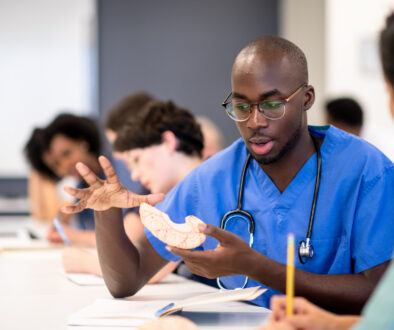Do I Need a Diploma to be a Medical Assistant?

Most jobs in the medical field require a college degree. But what if you have other responsibilities and don’t have years to spend in a classroom? You can still have a dynamic career in healthcare by becoming a medical assistant.
Do I Need a Diploma to Be a Medical Assistant?
Although you can technically become a medical assistant without a diploma, practically speaking however, a diploma is essential. Why? Healthcare is a complicated field that requires more skill than a high school education offers. On-the-job training is costly for employers, and there’s no guarantee that new hires will be successful. So, most employers opt for applicants with proven skills.
Medical assistants without a diploma are also limited in their roles by federal law. Only a credentialed medical assistant can perform certain tasks, such as entering doctor’s orders into a patient’s medical record. Candidates without a diploma will struggle to find work because they’re competing with more versatile job seekers.
What Are the Benefits of Getting a Medical Assisting Diploma?
The benefits of getting a medical assisting diploma are tough to beat. From comprehensive training and hands-on experience to seasoned instructors and much more. You get a leg up on the competition as you enter the job market as a medical assistant with a diploma under your belt.
Benefit #1: Comprehensive Training
Vocational school programs are shorter than degree programs because they focus on practical skills. The curriculum is no less stringent than what colleges offer except general electives aren’t required. Education is rarely a waste, but is an ancient literature class necessary to do your job as a medical assistant?
Benefit #2: A Hands-On Education
Vocational schools combine the best in classroom instruction with hands-on training. Labs are equipped with the same equipment found in medical practices, so students feel comfortable in their new roles on day one.
Benefit #3: Seasoned Instructors
Degrees demonstrate knowledge, but experience builds skill. Vocational schools hire only seasoned instructors with years in the field. You’ll gain deeper insights into your profession by working with instructors who’ve been there, gleaning tips and valuable career advice.
Benefit #4: Small Class Sizes
Why be a number in a cavernous lecture hall when vocational schools offer a more personalized educational experience? The pace is slower, and creativity is a priority. Instructors have time to work with students as individuals, so no one who struggles is left behind.
Benefit #5: Networking Opportunities
Breaking into a new field is tough, but vocational schools offer a wealth of networking opportunities. You’ll connect with peers and people in the industry through workplace externships. In today’s competitive job market, fewer and fewer job openings are posted publicly. Vocational schools work hard to place their students, forming partnerships with area employers. Their graduates often have access to choose openings.
Benefit #6: A Sense of Confidence
There’s always a sense of uncertainty that comes with a new job. Do you have the right skills? A diploma program teaches you everything you need to know, so you can be confident in your abilities.
Benefit #7: Financial Aid, For Those That Qualify
Students in accredited medical assisting programs may qualify for the same type of financial aid as college students, from grants to federal loans. Advisers will help you make the best choices, there’s a plan for every budget.
Benefit #8: A Foundation for Professional Growth
The quality of training you receive as a medical assistant paves the way for professional growth. Having experience is good, but a diploma fills the gaps in your knowledge. It signals that you’re serious about developing your skill, and you’re ready for greater responsibility.
A diploma lays the foundation for higher learning, it’s a prerequisite for certification and a must if you want to specialize. It better qualifies you for limited opportunities and puts you on a faster track for promotions.
What Will You Do on the Job?
Medical assistants manage administrative and clinical tasks in healthcare settings from doctor’s offices to hospitals. Versatile support professionals, they’re part of a dedicated team committed to quality patient care. Their responsibilities include:
Triaging Phone Calls
Medical assistants triage health-related telephone calls, answering basic questions and directing more complex inquires to the appropriate providers.
Managing the Schedule
Medical assistants oversee the schedule, juggling time slots so that the right staff and resources are available for patients when they arrive. The goal is to serve patients promptly, keep providers busy and be prepared for last-minute emergencies.
Rooming Patients
Medical assistants escort patients to their exam rooms, performing minor clinical tasks and updating their medical records before the doctor arrives. Patients with mobility issues may need help changing for physical examinations.
Taking Vital Signs
Vital signs, including temperature, heart rate, respirations and blood pressure are baseline measurements of health. Taken by a medical assistant at each visit, they give the doctor important information for making the best treatment decisions.
Preparing Exam Rooms
Medical assistants keep exam rooms fully stocked so everything the doctor needs is close at hand. They sanitize surfaces and shared equipment between visits to prevent the spread of infection.
Obtaining Specimens
Medical assistants are trained to collect and preserve biological samples from urine to blood. Phlebotomy, the process of drawing blood from a vein, is a sought-after skill.
Performing Diagnostic Tests
Diagnostic tests, such as electrocardiograms (EKG), were once done only in hospitals, but with the latest in portable equipment, they can now be done in doctor’s offices by a medical assistant with minimal supervision.
Assisting with Minor Surgical Procedures
Like diagnostic tests, minor surgical procedures from obtaining biopsies to removing small masses may be performed in an office setting. Medical assistants set up the equipment, pass instruments, and monitor the patient. They can also manage routine aftercare, removing sutures or staples and applying light dressings.
Providing Patient Education
Medical assistants are an accessible, go-to source of health information for patients. They can’t offer medical advice, but they can serve as a liaison for the doctor, using their clinical know-how to educate patients on topics from heart health to home safety.
Final Thoughts
Medical assistants are in demand, the US Bureau of Labor Statistics projects 18-percent growth through 2030. If you’re interested in this dynamic and secure career, you could opt to take your chances and try to find a job without a diploma. Instead, why not invest in yourself? Vocational schools make training simple, and the benefits last a lifetime.
Want to Learn More?
Peloton College offers Associate of Applied Science in Cybersecurity, Electronic Systems Technician, Information Technology Support Professional, Medical Billing, and Coding, and Medical Assistant programs consisting of fast-track learning courses taught by experienced technical professionals who are committed to providing individual attention to every career college student.
The mission of Peloton College is to be the premier provider of hands-on training and education by providing students and graduates with the necessary skills to secure occupational careers. Contact us today to learn more.



